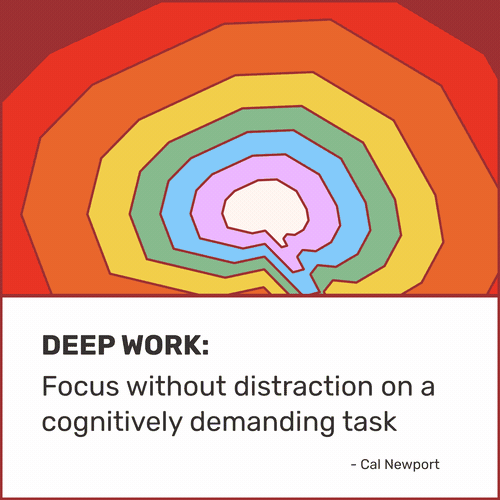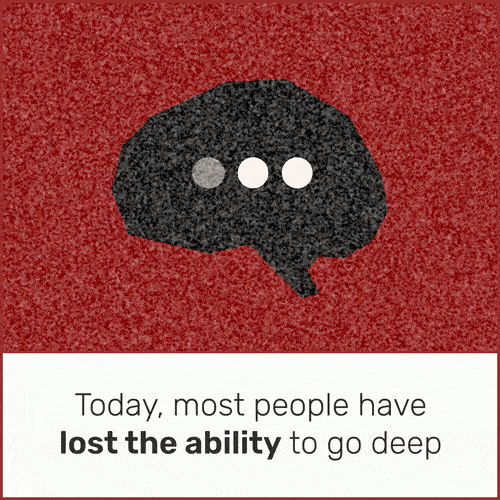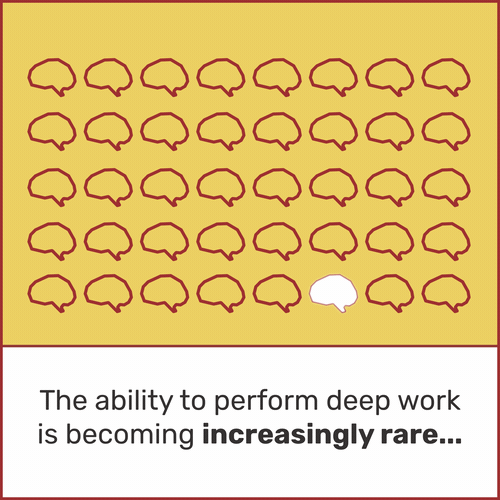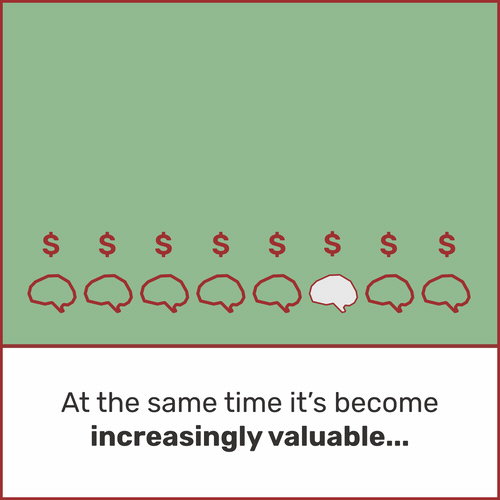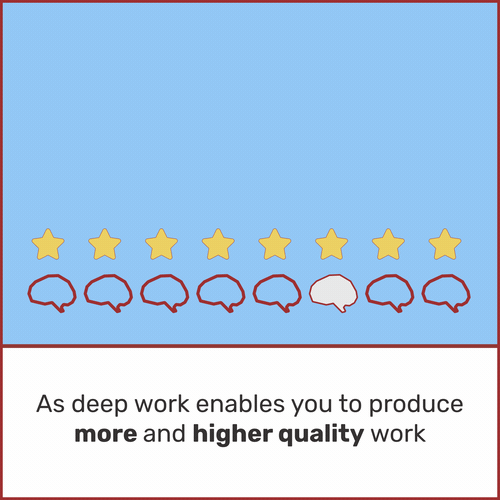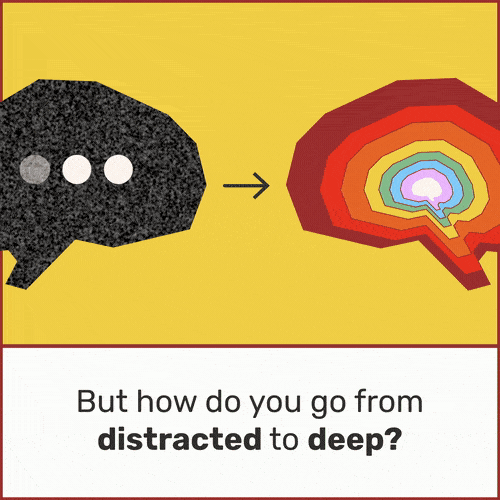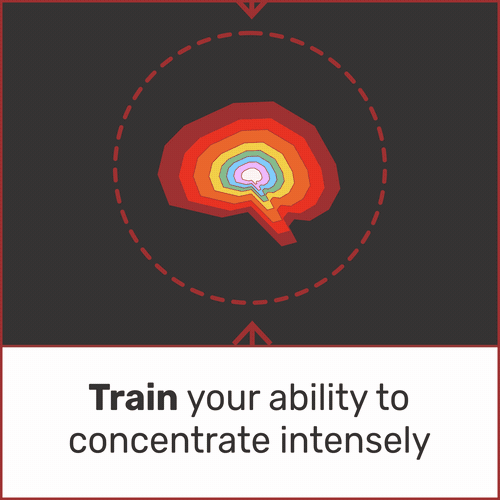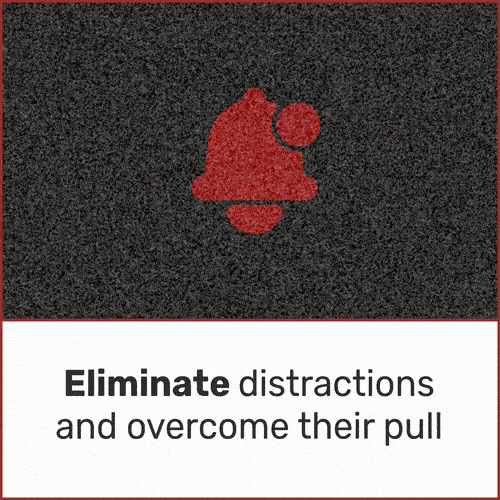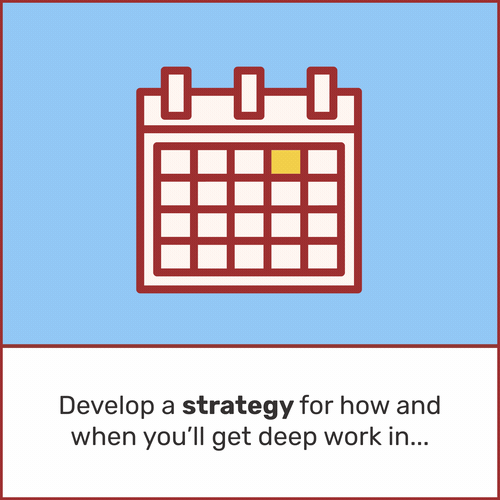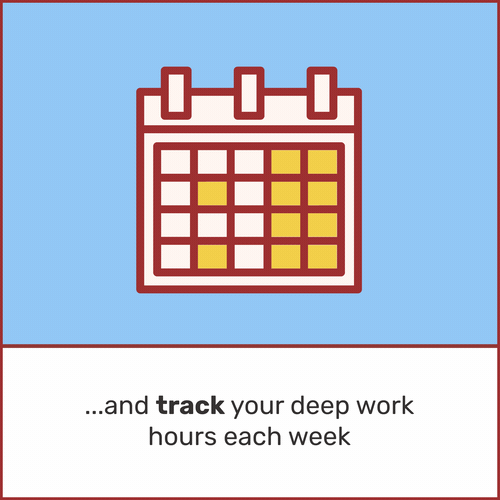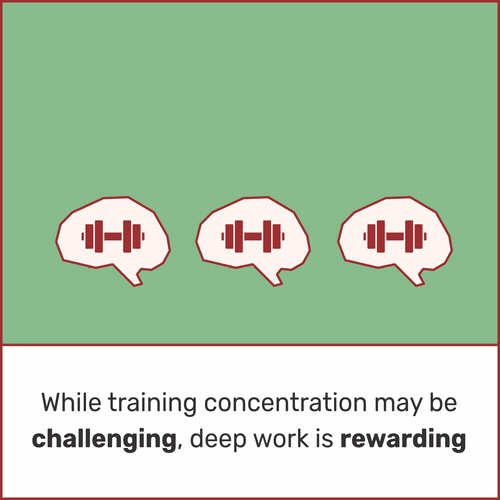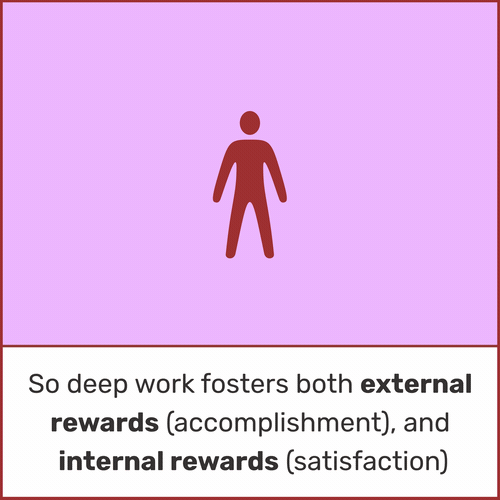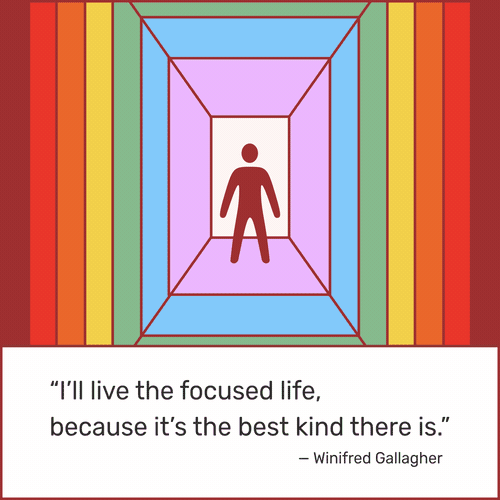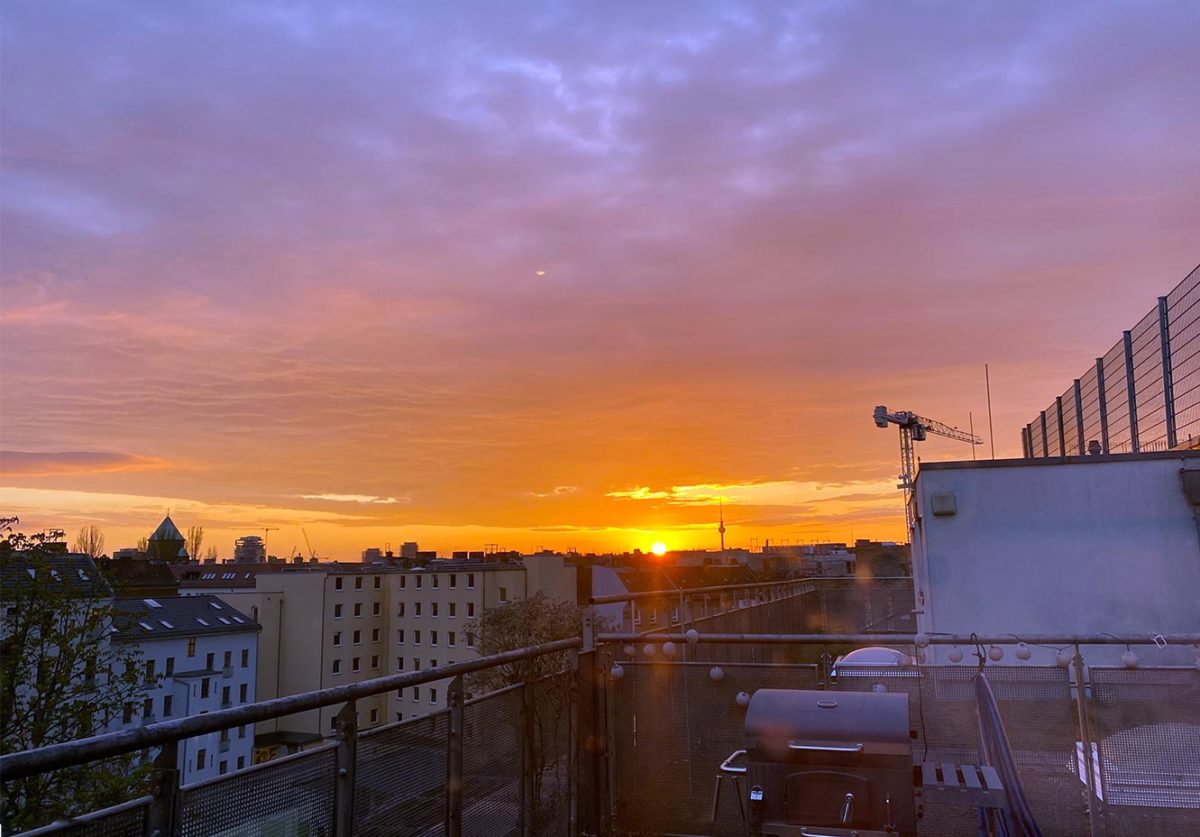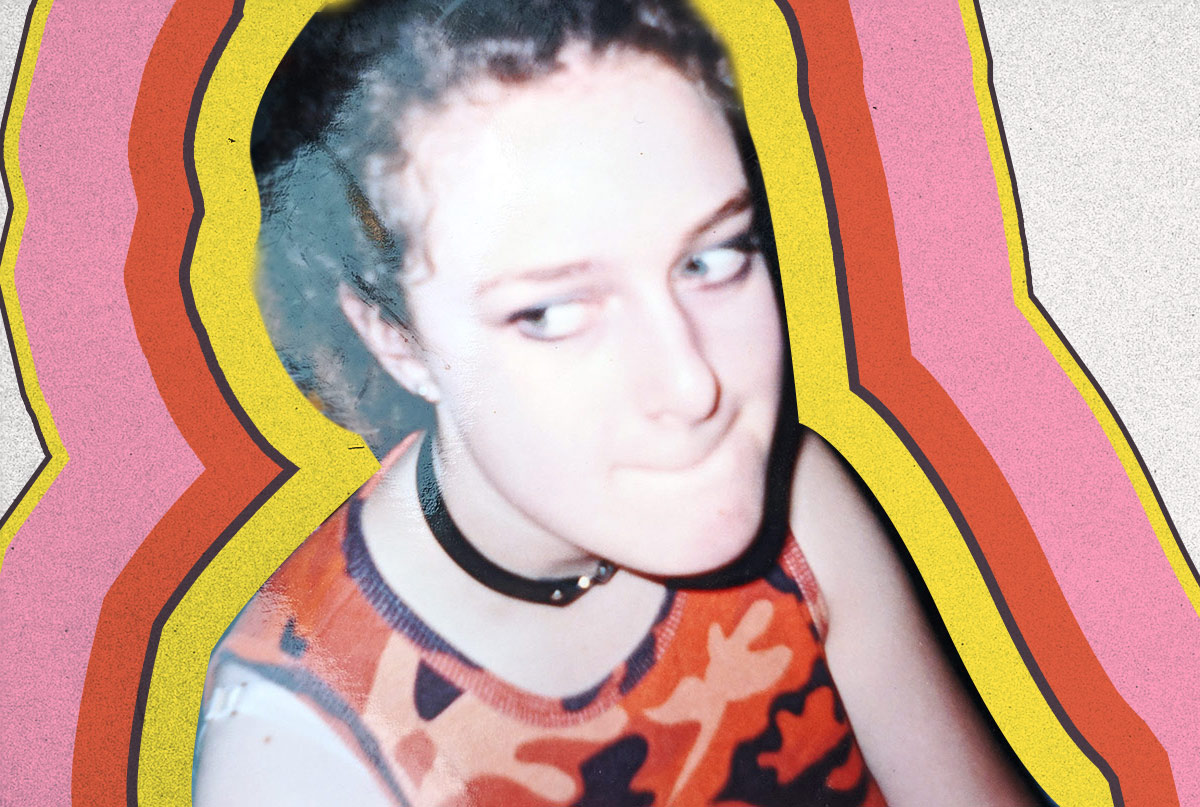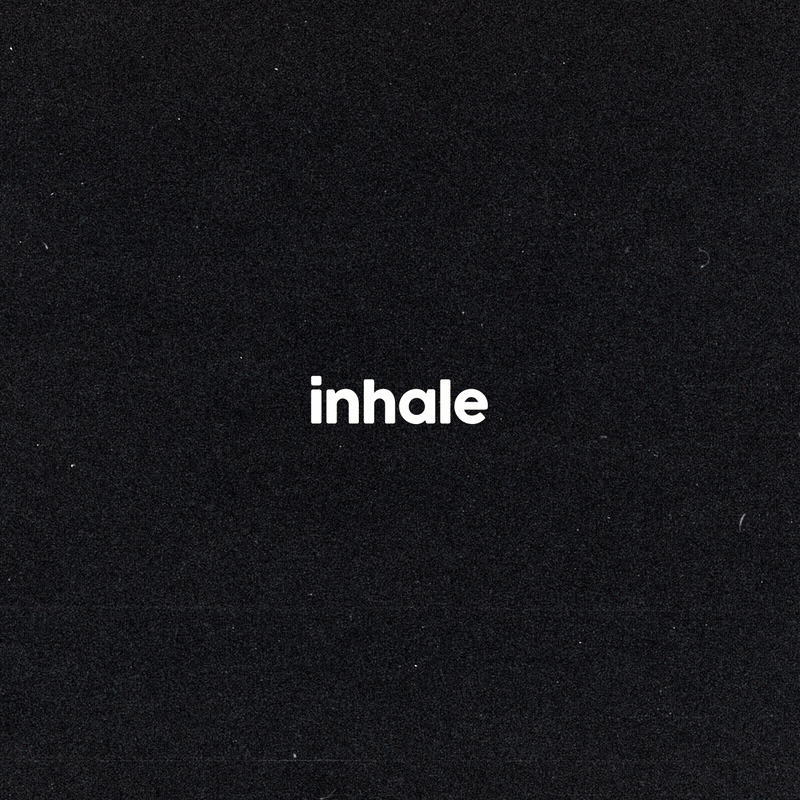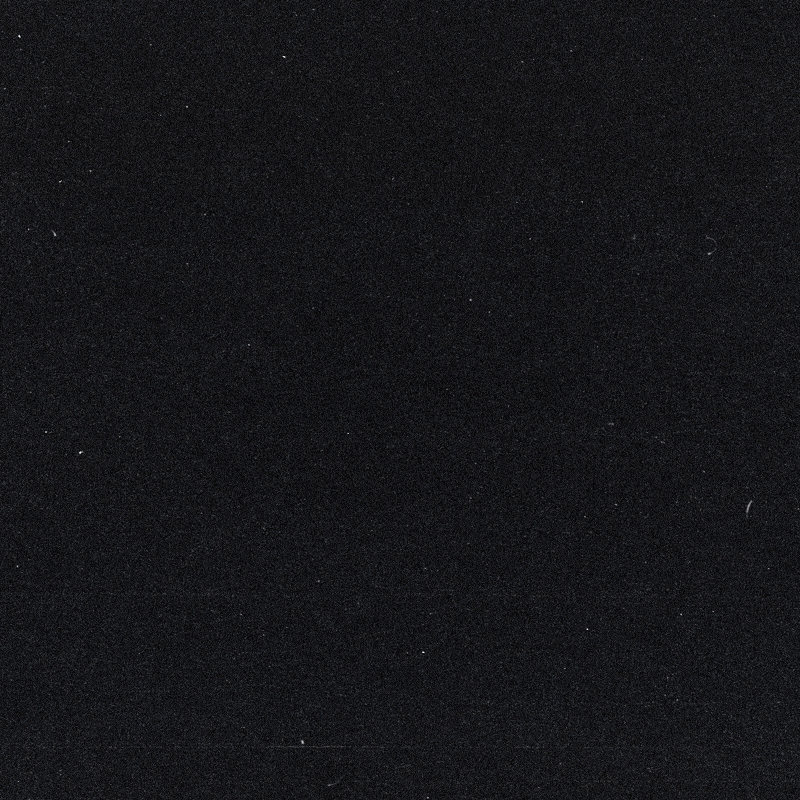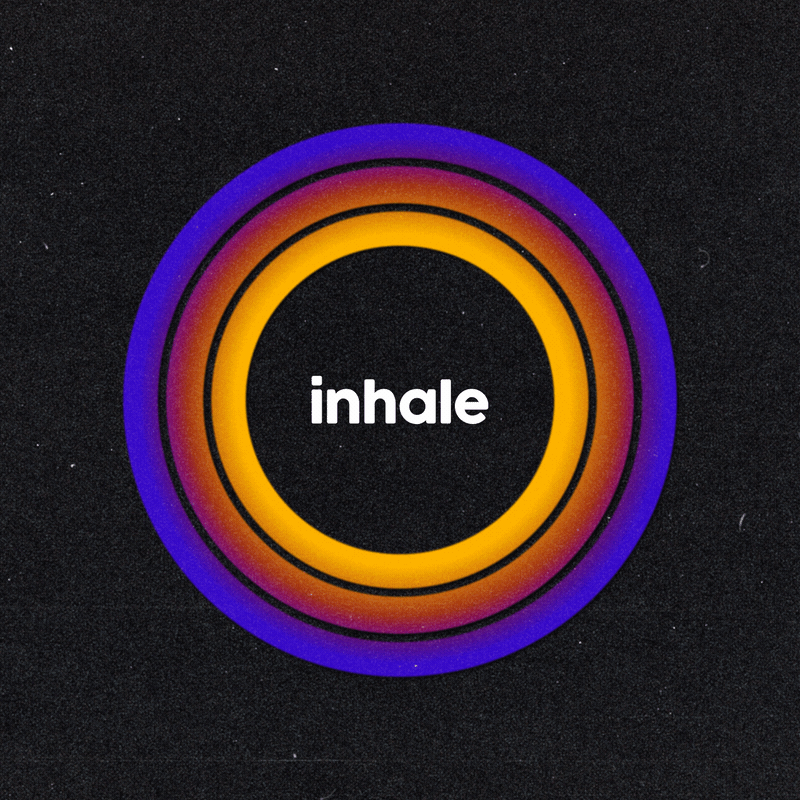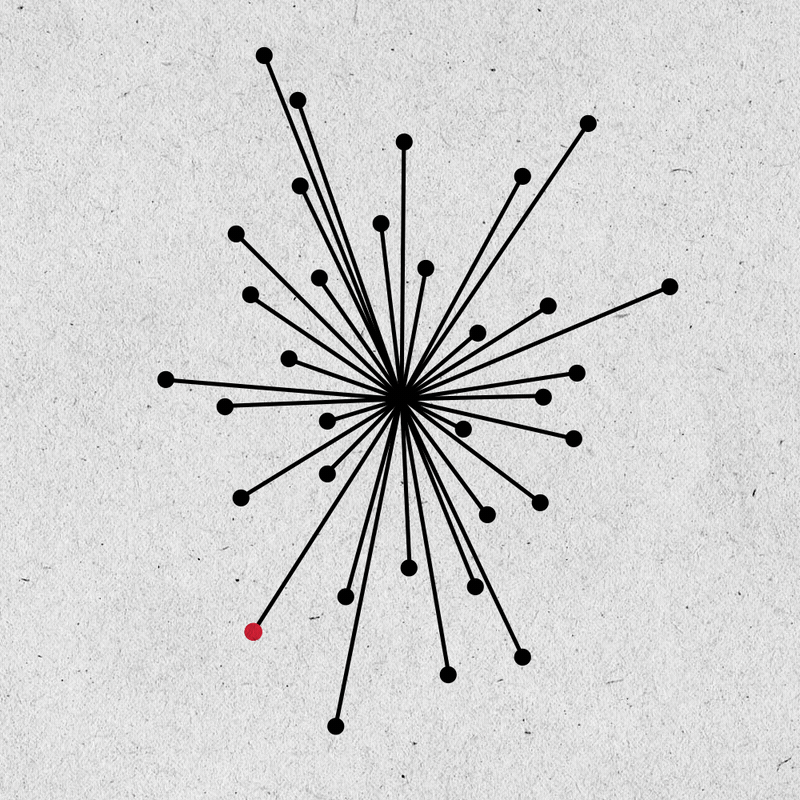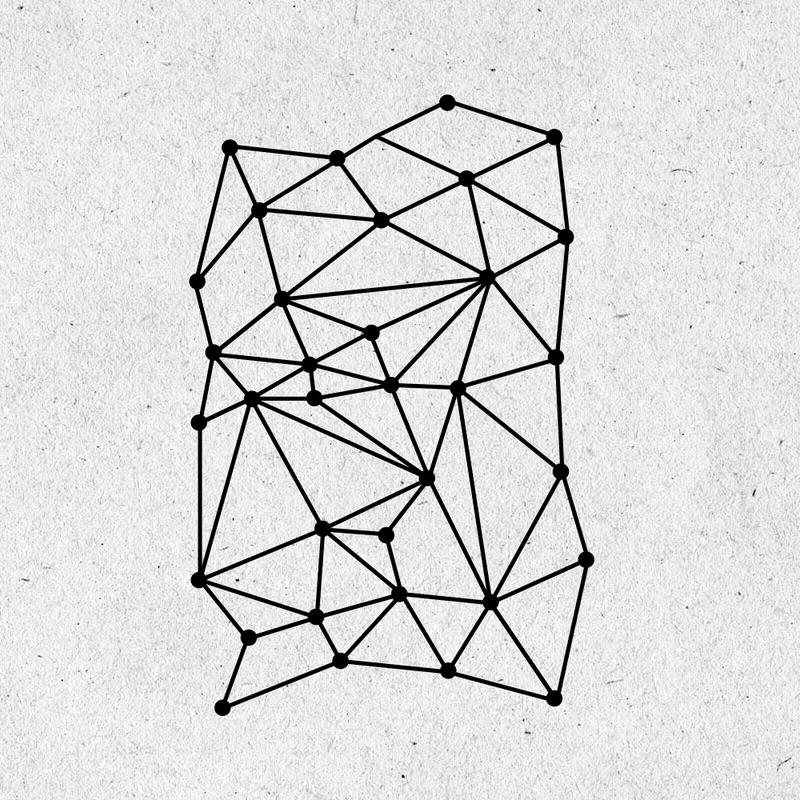I read Cal Newport’s Deep Work: Rules for Focused Success in a Distracted World when I was having trouble tackling important-but-challenging work (2016 post here). The book illuminated my challenges and helped me understand how to rebuild concentration.
While the ideas in Deep Work are fairly straightforward, it took me years to successfully put them into practice. In this post I will share my notes so you can more easily implement deep work in your life.
What is deep work?
Deep work is basically just focusing on one cognitively demanding task intensely for hours at a time. While it may take more than an hour concentrating exclusively on a single task to achieve real depth, don’t let the ideal be the enemy of good: I’ve found even 20 minutes of single-tasked concentration makes a difference, especially when you’re just starting to build your capacity for focus.
There’s a neurological context for single-tasking: focusing exclusively on one thing for a long time allows for only the relevant neurons to fire together, which leads to improvement of your ability to do whatever it is you’re focusing on.
The more that you succumb to distraction (wait let me just check Slack, maybe I’m needed!), the more you fragment your attention and lose your full capacity for concentration. If you momentarily switch to check Slack (or even worse have those distracting pop-ups), you’ll be thinking about your Slack messages in addition to whatever you’re trying to focus on, which reduces your total available attention.
I know I’m not the only one who has lost my ability to focus on challenging projects. We’re in a distraction epidemic and the culprit is no surprise: constant interruption by a barrage of personal and work chats and emails, plus the ever-present siren’s song of cheap dopamine hits via social media. Unfortunately, all of this distraction is rewiring our brain to be unable to sustain concentration on less dopamine-laced matters, and thus we’re losing our ability to achieve our most important work.
When’s the last time you focused on one thing intently for hours on end? Many of us have lost even the ability to read books for more than a few minutes. Those who can achieve intense focus for hours on end are now few and far between.
This means that those who can focus are more valuable in today’s economy. I’m convinced that in addition to IQ and EQ, there’s FQ—our ability to focus—and that it may be a hiring criteria in the future.
Intense focus allows you to accomplish more in less time, which the economy will rightly reward.
How to cultivate the ability to do deep work
If you feel you would like to cultivate the ability to concentrate deeply, you need to strengthen your ability to block out distractions and sustain the spotlight of your attention on the particular problem at hand.
Train your ability to focus
It’s obvious how to build your biceps, but training focus is far more vague. Here’s some suggestions, but look for opportunities in your own life for playing games with sustaining attention!
- Read books (in text—audiobooks are great but they’re not going to train your attention in the same way). Start with whatever is fun that you’ll stick with, and work your way up to challenging materials.
- Practice memorization. Memorization is challenging for your attention. Developing the ability to e.g., memorize a deck of cards will be a great workout for your attention muscle.
- Do concentration meditation. There’s a variety of concentration meditations, for example counting your breaths. Or you can do ‘productive meditation,’ which is taking a long walk and mulling over a particular problem. Every time your mind wanders, pull it back to the problem.
In addition to supplemental concentration training, use your work and study hours to train concentration. To begin, pick a task, set a timer, and work exclusively on that task. You may need to start with just 10 minutes and work up to longer.
It’s helpful to know that often right before you get into a state of focus, you may have a strong sensation of needing to get up and do anything else, or reach for any distraction. If you’re cognizant of this phenomenon, you can remind yourself that you’re on the path and the sensation is simply a troll yelling “do not go there!” to distract you, the hero, from your rightful quest. Breathe and stick through that sensation for just a bit longer—it will pass!
Just like with beginning to exercise, focusing will be difficult in the beginning. But don’t worry about that, just keep trying. I found that online co-working (e.g., Focusmate) was the most helpful tool when I was first building the ability to concentrate, as I found focusing with someone else to be way easier than focusing alone. We’re social creatures and we can use our proclivity for social cohesion to help overcome our brains’ resistance to focus.
Remove distractions from your life
But it’s not enough to train attention and single-task on our work and studies to the best of our abilities. Sadly, notifications and social media actually rewire our brain and dampen our ability to focus.
Newport makes a compelling argument that we should entirely give up social media unless it gives us true unique and deep value. We might argue that, for example, Instagram enables us to keep up with friends’ lives, but one in-person visit will probably vastly outweigh all the hours we spend hearting and commenting on friends’ photos.
“If I organize my life in such a way that I get lots of long, consecutive, uninterrupted time-chunks, I can write novels. But as those chunks get separated and fragmented, my productivity as a novelist drops spectacularly.”
— Neal Stephenson
Neal Stephenson could argue that Twitter would improve his professional life by enabling him to broadcast his clever thoughts with fans and engage in intellectual debates with other futurists, he refrains from all shiny networks and makes himself nearly unreachable.
Beyond resisting social media, we must build our capacity to be bored. To be able to sit with difficult problems in our minds, our minds must be able to adjust to a state other than hyper-stimulation. Try taking walks without your phone (gasp!) as a way to greet this boredom.
Interestingly, I’ve found that as I’ve shut off notifications and slowly unwound from stimulation from news and social media, a sense of deep time has re-emerged. Life feels less busy and more sacred, and there’s room for me and my thoughts. I wonder how much our “I just feel so busy all the time” is a direct result of our attention constantly being interrupted by our own hands or by algorithms.
Get deep work in
Removing distraction and training concentration will help your mind reach a state of depth. But the other factor in doing deep work is just finding the time for it. Newport proposes different strategies:
- Monastic, where you, like Stephenson, basically live in deep work mode all the time (swoon).
- Bimodal, where you e.g., spend every Thursday-Sunday engaged in deep work and the rest of your week attending to meetings and emails, or taking every fall semester to go deep on a project.
- Rhythmic, where you have a consistent daily schedule, e.g., do deep work from 9-11am. This is the one that probably fits most knowledge workers and may be the easiest strategy to maintain.
- Journalistic, where you cram deep work in wherever possible. This may be the most challenging for deep work newbs, but could be the best fit for busy parents.
I’m increasingly curious about organizations that set up rules for deep work, such as deep work Wednesdays, or no meetings and responding to messages before noon. I imagine that, just like people, organizations that prioritize deep work will thrive.
You can tally your deep work hours for each week (you manage what you measure). Circling the tick every time you reach a milestone, such as completing an important project, allows you to see how many hours of deep work it takes to get something important done.
Deep work brings satisfaction, flow, and sense of meaning
So far we’ve talked a lot about the external rewards of deep work: you get more valuable work done work faster, and that brings rewards such as better compensation or grades, or achieving milestones in your business that lead to greater revenue.
But what’s equally important are the internal rewards. When I was unable to get my most important work done, I was living a nice life, but inside I was miserable. It felt like there was a potential I deeply wanted to live up to but couldn’t.
I was surprised to learn that there are studies that show that people who are engaged in a state of flow (which basically means a state of sustained concentration on a sufficiently challenging task—not dissimilar to deep work) are happier than those at leisure. I think this says something about the human condition: we want to be in a state of focus, and we feel satisfied pushing the edge of our intellectual capacities.
Beyond deep work
Beyond deep work, there’s the notion of the deep life.
To me, the deep life is about focusing with energetic intention on things that really matter — in work, at home, and in your soul — and not wasting too much attention on things that don’t.
— Cal Newport
So in deep work you are using the spotlight of your attention to only focus on the most important task at that moment, in the philosophy of deep life you are using the energy of your life to shine with full strength on what is most important and meaningful to you. I think this is helpful context, as deep work is a technique to be more productive, but we should consider the context in which we’re employing it.
“The world is bursting with wonder, and yet it’s the rare productivity guru who seems to have considered the possibility that the ultimate point of all our frenetic doing might be to experience more of that wonder.”
— Oliver Burkeman, Four Thousand Weeks
I’ve been working to integrate the ideas in Deep Work for seven years and the above notes are the insights I’ve received on my journey. I encourage you to read the book as I know you’ll find further insight there.
I wish you the best on your journey to focus and live a deep and fulfilling life. And if you found value in this post, please share it with someone you care about. 💗
